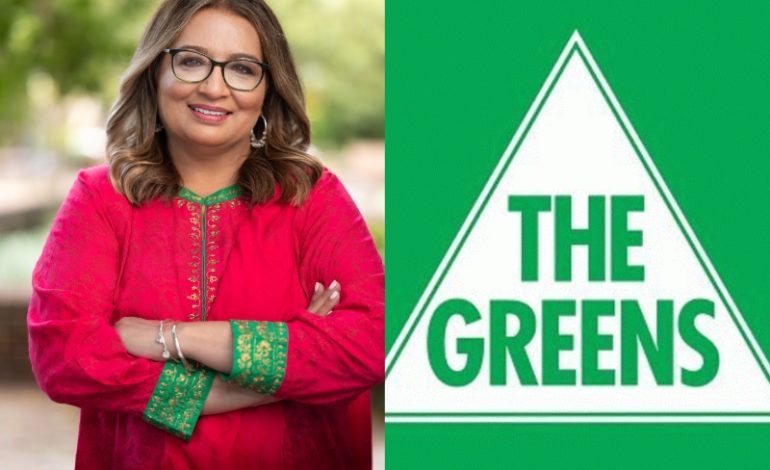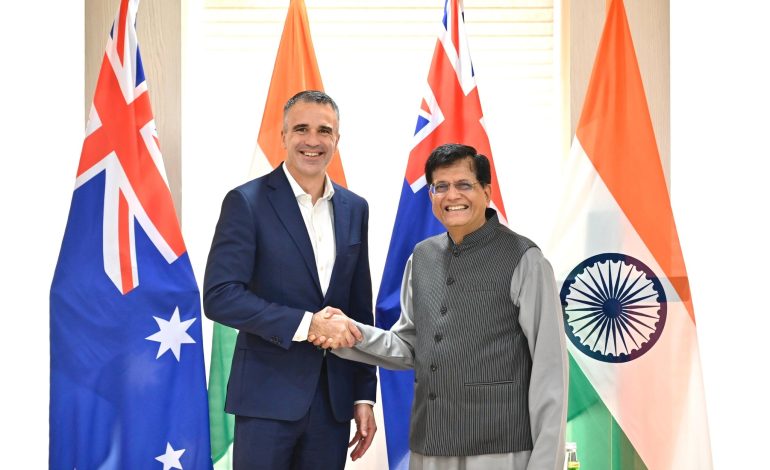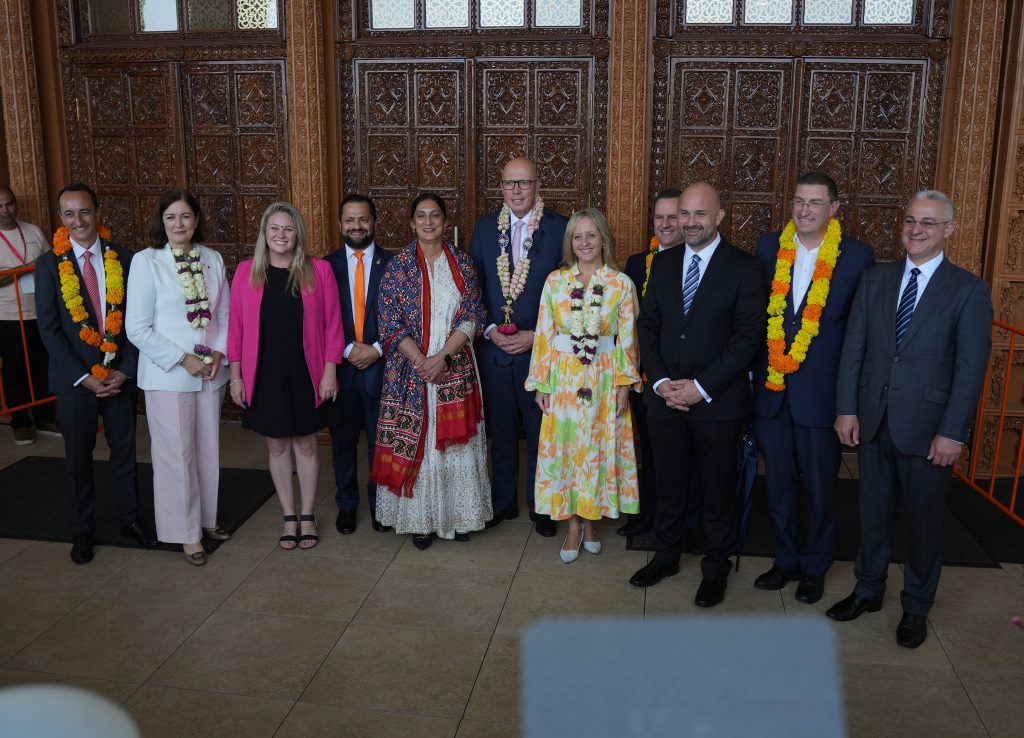
On March 28, 2025, Opposition Leader Peter Dutton delivered his much-anticipated budget reply speech, offering a comprehensive set of proposals aimed at addressing Australia’s key economic and security challenges. In his address, Dutton outlined his vision for a stronger, more prosperous nation, focusing on issues such as economic growth, tax relief, housing, energy, national security, and defense. Below are the main highlights from his speech and the policies he proposed.
Focus on Economic Growth and Tax Relief
One of the central pillars of Dutton’s budget reply was his focus on fostering economic growth through tax relief and targeted support for businesses and households. Dutton argued that reducing the financial burden on Australians was essential for creating an environment conducive to job creation and economic prosperity.
He proposed a series of tax cuts for middle-income earners to help ease the cost of living. These cuts would aim to leave more money in the pockets of Australians, allowing them to manage rising costs of everyday essentials such as housing, utilities, and groceries. Dutton also emphasized the importance of tax incentives for businesses, particularly small and medium-sized enterprises, to encourage investment, innovation, and job creation.
“The key to a stronger economy is putting more money back into the pockets of Australians and ensuring businesses have the confidence to invest and create jobs,” Dutton said. He believes that these tax reductions will not only help families but also stimulate the broader economy, creating a cycle of growth that benefits all Australians.
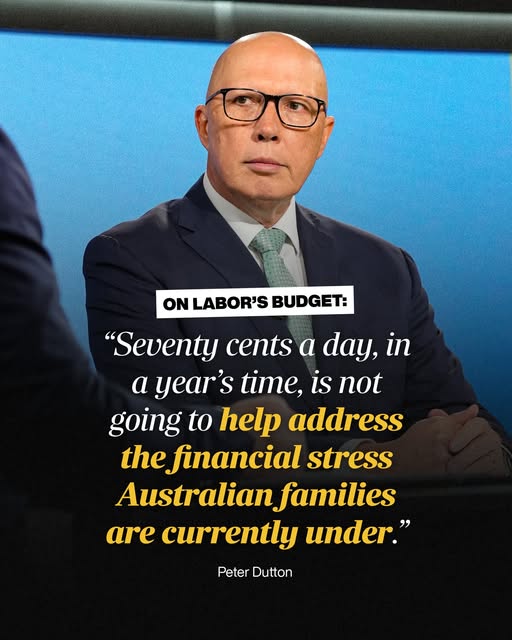
Fuel Tax Cut for First Year
As part of his broader economic relief package, Dutton proposed a temporary fuel tax cut for the first year, aimed at providing immediate financial relief to Australian families and businesses. The rising cost of fuel has been a major concern for many, particularly those in regional and remote areas where transport costs are higher.
By reducing the excise on fuel for the first year, Dutton’s policy would lower the price at the pump, helping to ease the financial pressures on Australians who rely on their vehicles for work, travel, and daily activities. This proposal was designed to address the immediate impact of rising fuel costs, which have been exacerbated by global supply chain disruptions and other economic factors.
“We know that many Australians are struggling with rising fuel costs, and this is a practical way to provide relief,” Dutton stated. The fuel tax cut is intended to provide short-term relief while the government focuses on long-term measures to improve economic conditions.
- Fuel Excise Tax Cut Proposal:
- Policy: Halve the fuel excise tax from 50.8 cents per litre to 25.4 cents per litre for 12 months.
- Estimated Household Savings:
- Single-Vehicle Household: Approximately $728 annually (based on a 55-litre tank filled weekly).
- Two-Vehicle Household: Approximately $1,456 annually.
- Fiscal Impact: Approximately $6 billion in foregone revenue over 12 months.
Housing Policy Proposals
Dutton also introduced key measures aimed at addressing the ongoing housing affordability crisis in Australia. His proposals focus on reducing immigration and implementing policies to make housing more accessible for Australian citizens.
- Lower Immigration and More Homes for Australians Bill:
- Policy: Reduce permanent migration by 25%, decreasing the annual intake from 190,000 to approximately 142,500.
- Ban on Foreign Home Purchases: Implement a two-year ban on foreign investors and temporary residents purchasing existing residential properties.
- Cap on International Student Visas: Introduce stricter limits (specific numbers not detailed) to alleviate rental market pressures.
- Superannuation Access for First-Home Buyers: Allow first-home buyers to withdraw up to $50,000 from their superannuation for a home deposit.
- Key Numbers/Figures:
- Permanent Migration Reduction: From 190,000 to ~142,500 annually.
- Superannuation Access: Up to $50,000 for first-home buyers.
Strengthening National Security and Defense
National security was another core theme of Dutton’s reply. Drawing on his experience as a former defense minister, Dutton outlined several key initiatives aimed at enhancing Australia’s defense capabilities and ensuring the nation remains secure in a rapidly changing global landscape.
Dutton called for increased defense spending, with a particular focus on modernizing Australia’s military infrastructure. He proposed investments in advanced defense technologies, including cyber defense capabilities, to help Australia remain competitive and secure in the face of evolving threats. In addition to technological advancements, Dutton emphasized the importance of maintaining and strengthening Australia’s defense relationships, particularly with key allies like the United States.
“We need to ensure that Australia is prepared for any security challenge that may arise in the future,” Dutton said, underlining the need for a robust and future-proof defense strategy.
Energy Policy and Domestic Gas Supply
Dutton’s budget reply also featured several measures aimed at lowering energy prices and securing Australia’s future energy supply.
- Energy Price Reduction Bill (National Gas Plan):
- Domestic Gas Reservation: Mandate that 10% to 20% of gas production be reserved for the Australian market to lower domestic prices.
- Fast-Tracking Gas Projects: Accelerate approval processes for new gas projects to increase supply.
- Investment in Gas Infrastructure: Allocate $1 billion to expand gas pipelines and storage capacity.
- Key Numbers/Figures:
- Gas Price Reduction Target: Lower wholesale domestic gas prices from over $14 per gigajoule to under $10 per gigajoule.
- Gas Infrastructure Investment: $1 billion.
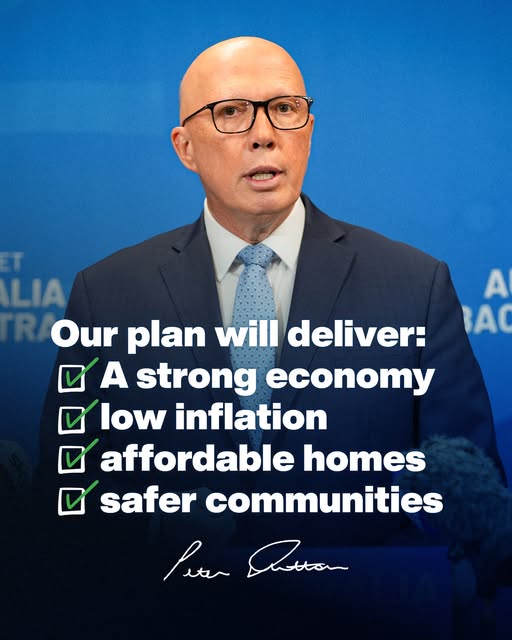
Enhancing Australia’s Infrastructure
In his budget reply, Dutton also stressed the importance of investing in Australia’s infrastructure. He proposed a comprehensive infrastructure plan designed to improve transportation networks, including roads, rail, and ports, to support economic growth and connect communities across the country.
His proposal included investments in regional infrastructure projects aimed at stimulating growth outside of major metropolitan areas. By focusing on improving connectivity and access to services in regional Australia, Dutton hopes to support local economies and provide greater opportunities for businesses and individuals in less developed areas.
Education and Vocational Training
Dutton emphasized the need for a strong focus on education, particularly vocational education and training (VET), to help equip young Australians with the skills needed for the jobs of the future. As the global economy continues to change, Dutton believes it is essential for the Australian workforce to adapt and acquire new skills to remain competitive.
He proposed a series of reforms aimed at improving the quality and accessibility of vocational education, ensuring that young people have clear pathways into well-paid, skilled jobs. Dutton’s plan includes increased funding for VET programs and partnerships with industries to help bridge the skills gap in sectors such as technology, healthcare, and engineering.
“The future of Australia’s economy will depend on how well we equip our workforce with the right skills,” Dutton said, emphasizing the importance of investing in education as a way to future-proof the country’s economy.
Public Service Efficiency and Reductions
Dutton also proposed a series of reforms to improve government efficiency by reducing public service staffing and reallocating the savings to frontline services.
- Public Service Staffing Reduction:
- Policy: Reduce 41,000 Canberra-based public service positions, saving $7 billion annually.
- Redirect Savings: Allocate the savings to frontline services such as mental health and general practice.
- Key Numbers/Figures:
- APS Staffing Reduction: 41,000 positions.
- Annual Savings: $7 billion.
- Reallocation: Funds directed to enhance frontline services.
A Vision for a Prosperous Australia
Peter Dutton’s budget reply presented a vision of Australia where economic growth is supported by tax relief, national security is strengthened through defense investments, and Australians are given the tools they need to succeed in the workforce. His proposals focus on creating an environment of opportunity, where families can thrive, businesses can grow, and the country’s security is safeguarded for future generations.
“The future of Australia is bright, but it requires the right policies and leadership to ensure we continue to move forward,” Dutton said, closing his speech with a call to action for a stronger, more secure, and prosperous Australia.
Looking Ahead
As the 2025 federal election approaches, Dutton’s budget reply has set the tone for the Liberal Party’s agenda. His emphasis on economic growth, national security, housing, and infrastructure paints a picture of a nation that is proactive in addressing its challenges and focused on long-term prosperity.
With the government’s budget already setting out its priorities, the debate between the two major political parties over how best to secure Australia’s future is sure to intensify in the coming months. Voters will have the opportunity to consider which set of policies offers the best path forward for the nation’s economic and social wellbeing.




